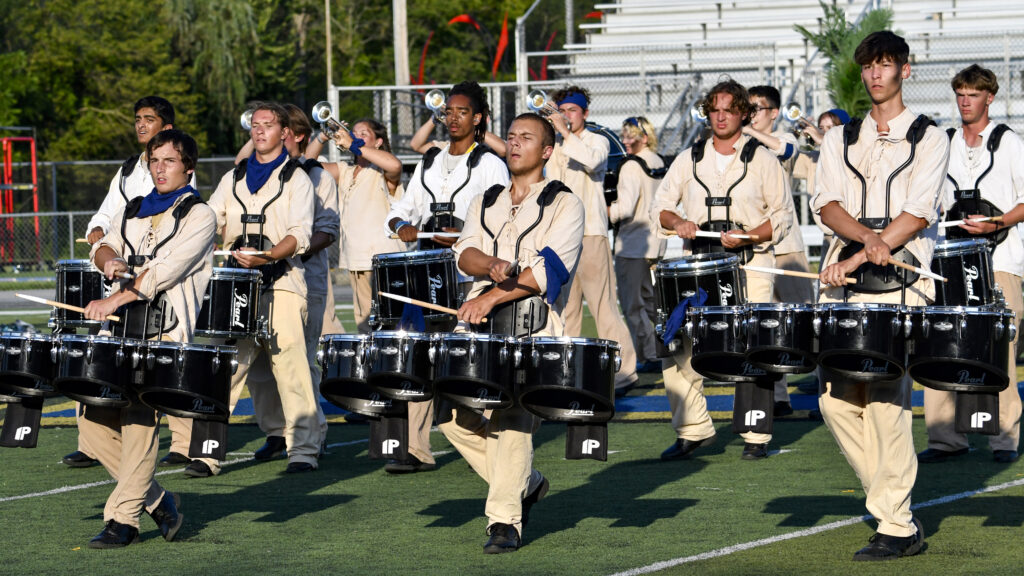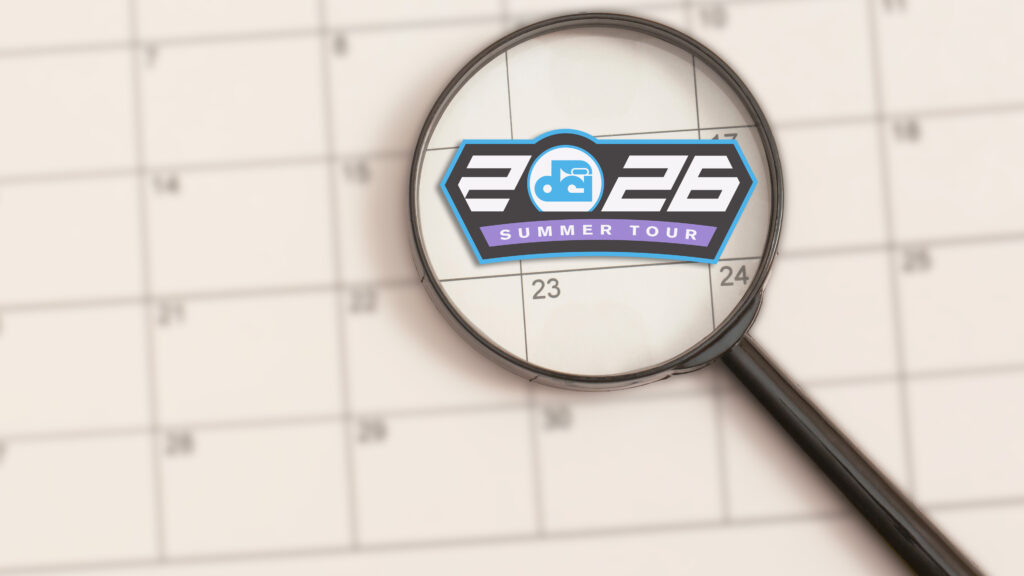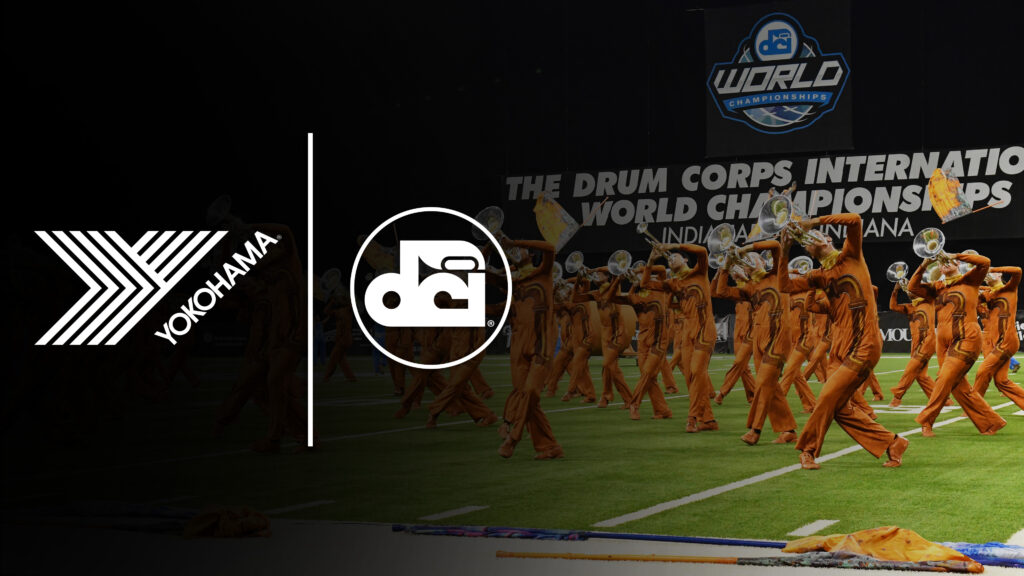1. Let's start at the beginning when you and your crew come to Lucas Oil Stadium in August to capture the World Championships. How does what you do there compare to what you might work with for an NCAA or other professional sports broadcast on TV?
The equipment we use to capture the corps performances is identical to what is used on the highest end productions, whether it’s the NFL or “Dancing With the Stars.” The broadcast truck that we use with all of its cameras, audio gear and monitors is the same truck that was used to cover the U.S. Open Golf Championship earlier this year, and it will be back in February at Lucas Oil to cover the Super Bowl. Because of how long I’ve been working on the World Championships and in the television industry, the people that I’ve been able to hire over the years are award-winning individuals who work at the highest levels of broadcasting. While they often come in knowing nothing about drum corps, I’ve now got guys who have worked on DCI broadcasts for more than 10 years with me. Some of those people have been around since I first took over the show back in 1987.
The equipment we use to capture the corps performances is identical to what is used on the highest end productions, whether it’s the NFL or “Dancing With the Stars.” The broadcast truck that we use with all of its cameras, audio gear and monitors is the same truck that was used to cover the U.S. Open Golf Championship earlier this year, and it will be back in February at Lucas Oil to cover the Super Bowl.
Because of how long I’ve been working on the World Championships and in the television industry, the people that I’ve been able to hire over the years are award-winning individuals who work at the highest levels of broadcasting. While they often come in knowing nothing about drum corps, I’ve now got guys who have worked on DCI broadcasts for more than 10 years with me. Some of those people have been around since I first took over the show back in 1987.
2. How do you and your crew prepare for the World Championships broadcast?
We do research all summer long by getting out, watching the drum corps and taking notes. Director Jeff Clark, who’s another drum corps veteran (Glassmen and Blue Devils), painstakingly plans and executes the coverage of the corps.
By the time we get to Indianapolis for the World Championships we know that the Boston Crusaders are going to send their whole horn line to the right end zone and that we need a camera down there so we can get that great shot looking down the line. We know the kid from the Bluecoats is going to do a somersault and we know when and where the Cavaliers’ tenor drummers are going to drum upside down. We’ve worked hard to earn the respect of the corps’ staffs so they are willing to share with us even the surprises they are holding for Finals night in advance.
One of the things that has really helped us of late is returning to Lucas Oil Stadium for the Championships each year. This allows us to continuously develop our coverage; both the sound and the picture. Every venue has its own acoustical and aesthetic characteristics. Because we’re in the same place—as opposed to being in Madison one year and the Rose Bowl the next—we already have a starting point from previous years and can see where we need and want to make improvements.
It’s a tremendous advantage to be in Lucas Oil because it’s such a fabulous venue and because there’s so much television horsepower available. It’s extraordinary to be able to go back each year and say, “What can we do differently to improve on what we did last year?”
3. What happens between the time the World Championships have ended and the DVD and Blu-ray discs with those Championship performances are arriving in drum corps fans' mailboxes?
Video Editing We come back from the Championships and have an enormous amount of material to process—Remember we record all of the performances on Thursday, Friday and Saturday of World Championships week.
We make a live multi-camera recording during the performances and we use that to get all of the cameras at the right place at the right time. At the same time we’re also recording all seven of the cameras individually. That allows us to go back after the fact and say, “You know what, we really needed to switch to that rifle toss a little bit earlier.” That’s the editing process. We want to make it absolutely perfect, with every cut on just the right frame. When you start to do the math on the number of corps performances, this stage of the process can become fairly time consuming.





